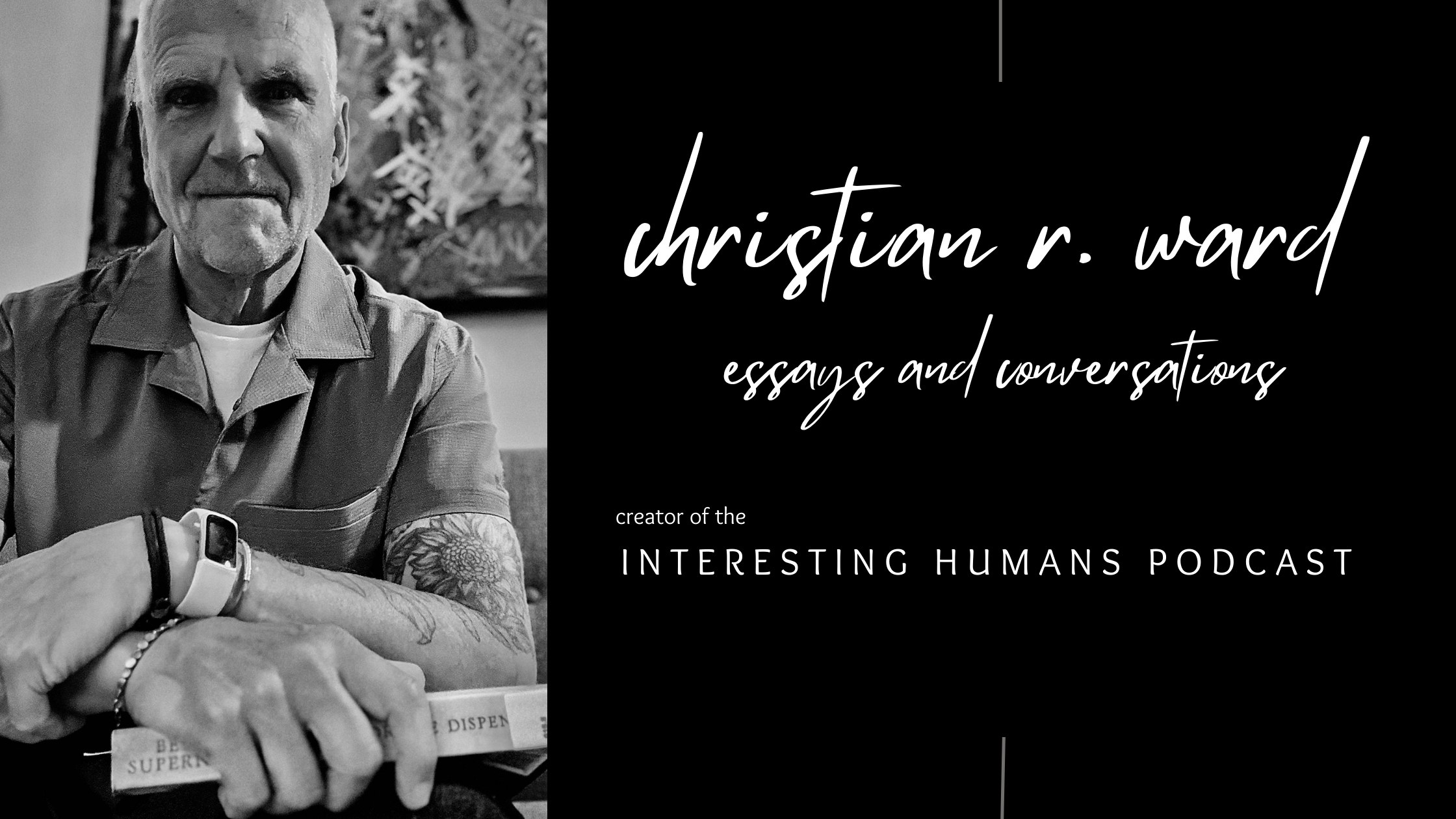Last updated on 19 November 2013
Share this
 I’ve read a lot recently about how controlling what we focus our thoughts on can have a lot to do with how happy we are. Unpleasant events are as much a part of life as breathing and, just like breathing, must be experienced if we want to live.
I’ve read a lot recently about how controlling what we focus our thoughts on can have a lot to do with how happy we are. Unpleasant events are as much a part of life as breathing and, just like breathing, must be experienced if we want to live.
My daughter Paige told me that being a loving parent means making your kids happy, and when they are unhappy doing everything you can to get them back happy is the most important mission for the parent.
There is some truth to what my daughter says. Parents have an obligation to guard the welfare and healthy development of their kids. Still, try to imagine a world where adults scurry around frantically trying to keep every little situation happy for their kids, picking up after them, bribing them with sweets or Wii or something else just to keep them from experiencing a moment’s sadness.
Try to imagine a world where adults scurry around frantically trying to keep every little situation happy for their kids.
Certainly no parent wants to make their kids miserable. But that is where the role of parent can become challenging, depending on what you see as your priority as a parent.
I spend most of my time as a parent not knowing what to do. Parenting requires the quintessential “On the job” training. Even when I think I know how best to handle something, inevitably later I question whether I did the right thing for their long-term development.
That’s the rub isn’t it? What might appear to be the right thing for the moment might not be the best thing for your child over the long-term. It’s easy to turn oneself into a giant hairball of doubt and become so locked you can’t do anything. Yuck.
I spend most of my time as a parent not knowing what to do.
We hear and read so often about really bad parents; narcissistic and disengaged adults whose lack of attunement turns their children into severely maladjusted adults. I had a recent encounter with my former wife with a mediator with the court system who actually complimented she and I for our ability to set our issues aside for the sake of our children. She let it be known she deals with a lot of parents whose mutual conflicts harm their children, creating deeply rooted scars that prevent growth for these kids into reasonably healthy adults.
I am scared to death of scarring my kids with my crap. This turns my focus away from figuring out what is best for them to simply replaying all the ways I’ve messed things up.
My daughter’s attention on being happy, and my role in ensuring her happiness, is understandable. Children, especially teen-agers, really focus on themselves and their own happiness. In their efforts to navigate the necessary steps toward separating from their parents and shedding their childhood identities in order to create newer, more mature models of themselves, they have to fault their parents. This is different than what younger children must do: their survival depends on seeing their parents as infallible even when those adults suck at parenting.
There is one running narrative inside me that is anything but healthy and it affects my view of how I parent my daughters. (See my post Postcard from 1952 for more on this). If I pay too much attention to this dangerous internal dialogue it becomes toxic on my ability to do what is most important in the moment. Even as an adult who has endured numerous life experiences, read “learning opportunities,” I have to constantly remind myself to ignore the gremlin in my head.
 In each moment, we have choices about where to focus our attention. We can live the negative internal dialogue or pause and reflect on its validity, not take it as truth. I am working daily to become a little skeptical of the gremlin’s importuning. My goal is to rewrite the narrative and create a healthier internal dialogue.
In each moment, we have choices about where to focus our attention. We can live the negative internal dialogue or pause and reflect on its validity, not take it as truth. I am working daily to become a little skeptical of the gremlin’s importuning. My goal is to rewrite the narrative and create a healthier internal dialogue.
If I could somehow give this ability to my daughter as she does the work of building the adult inside, I would do it in a heartbeat.


